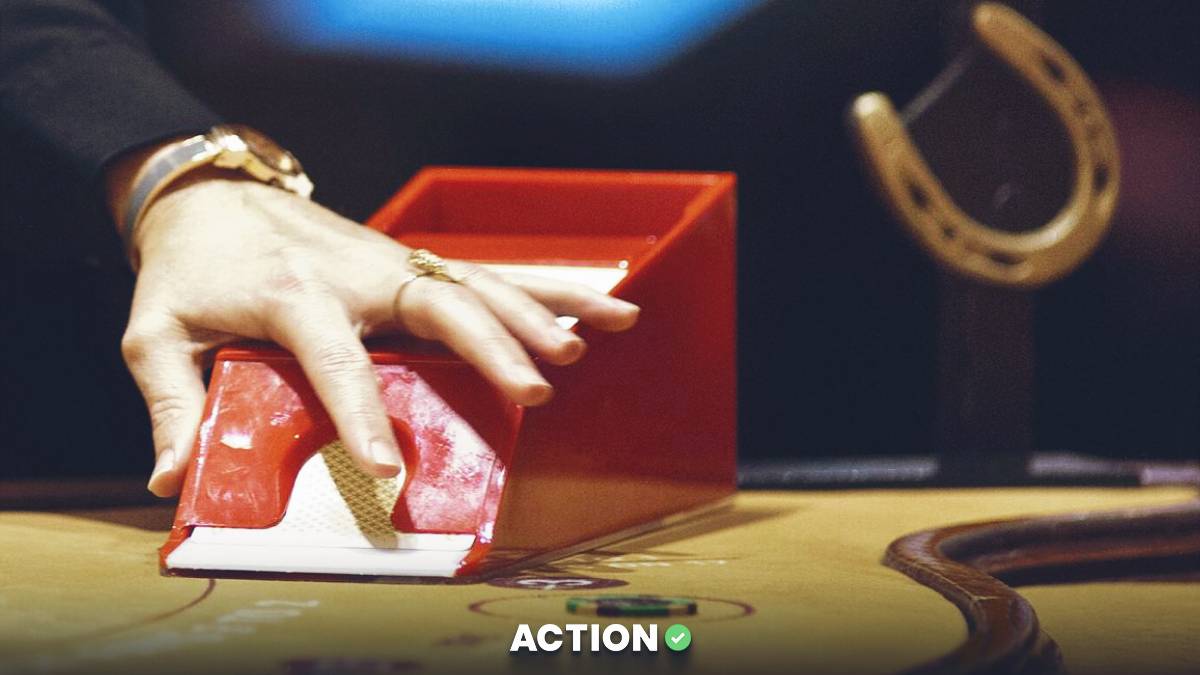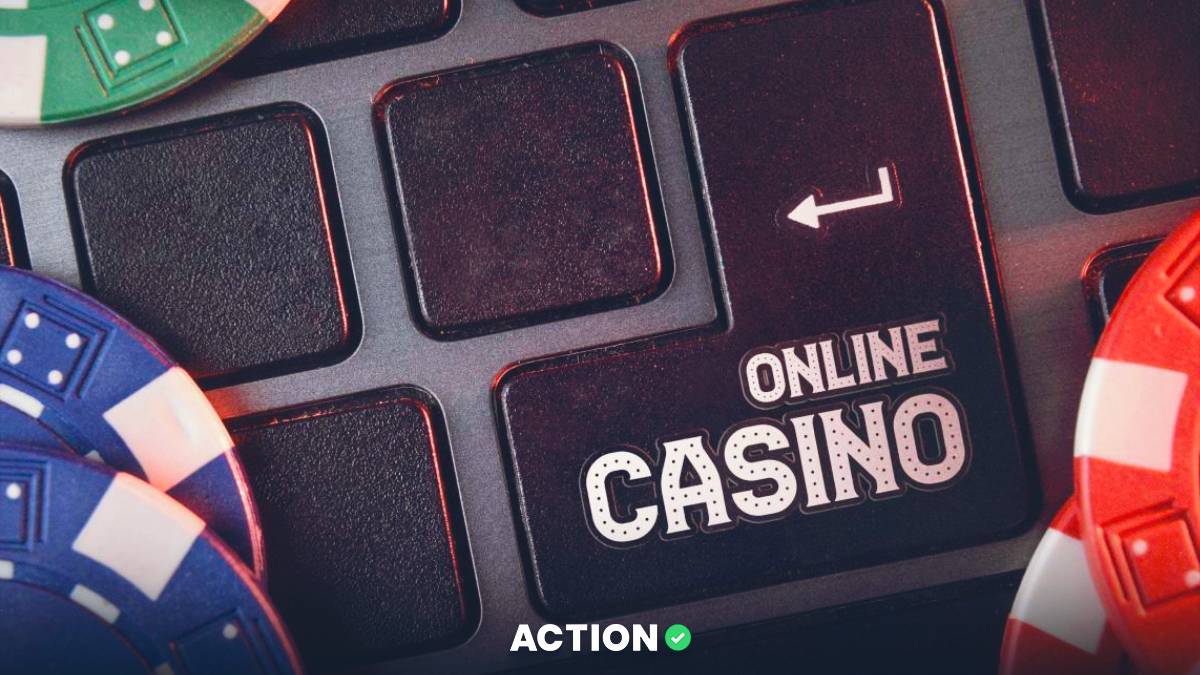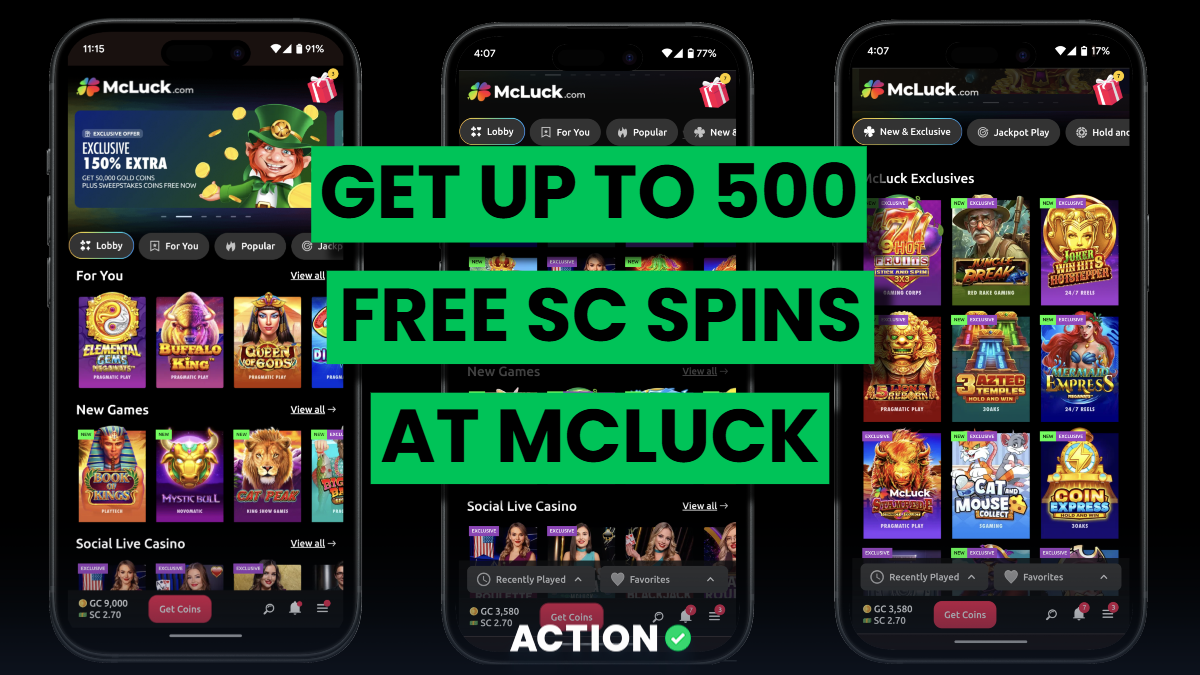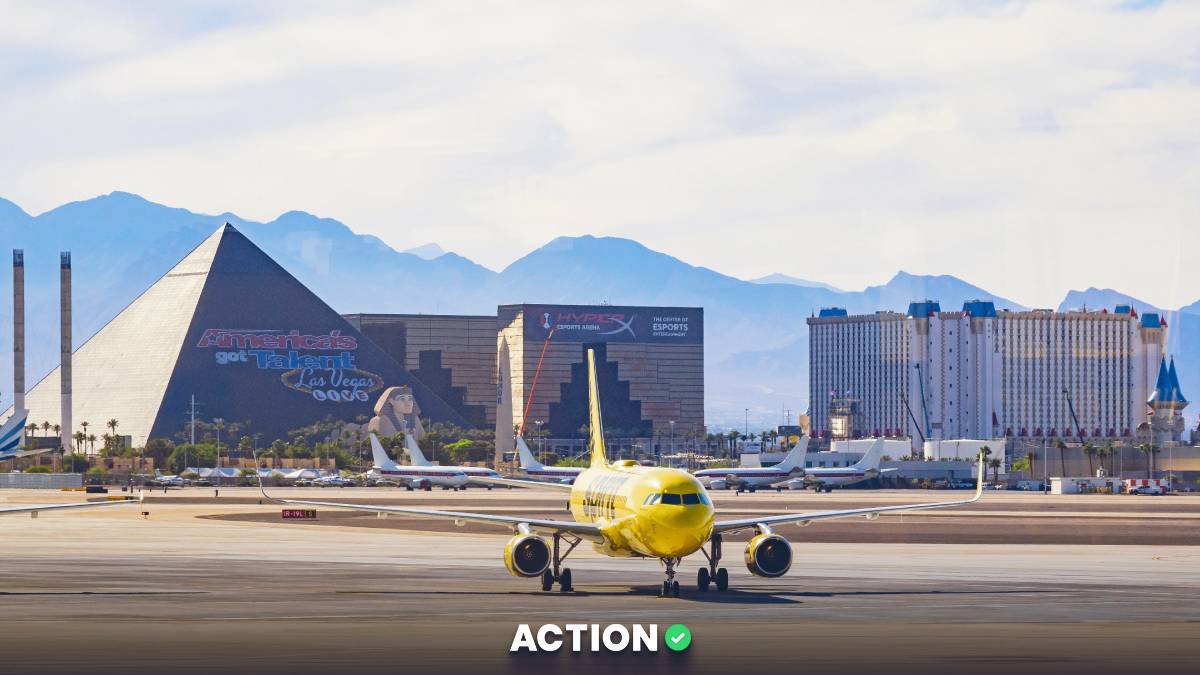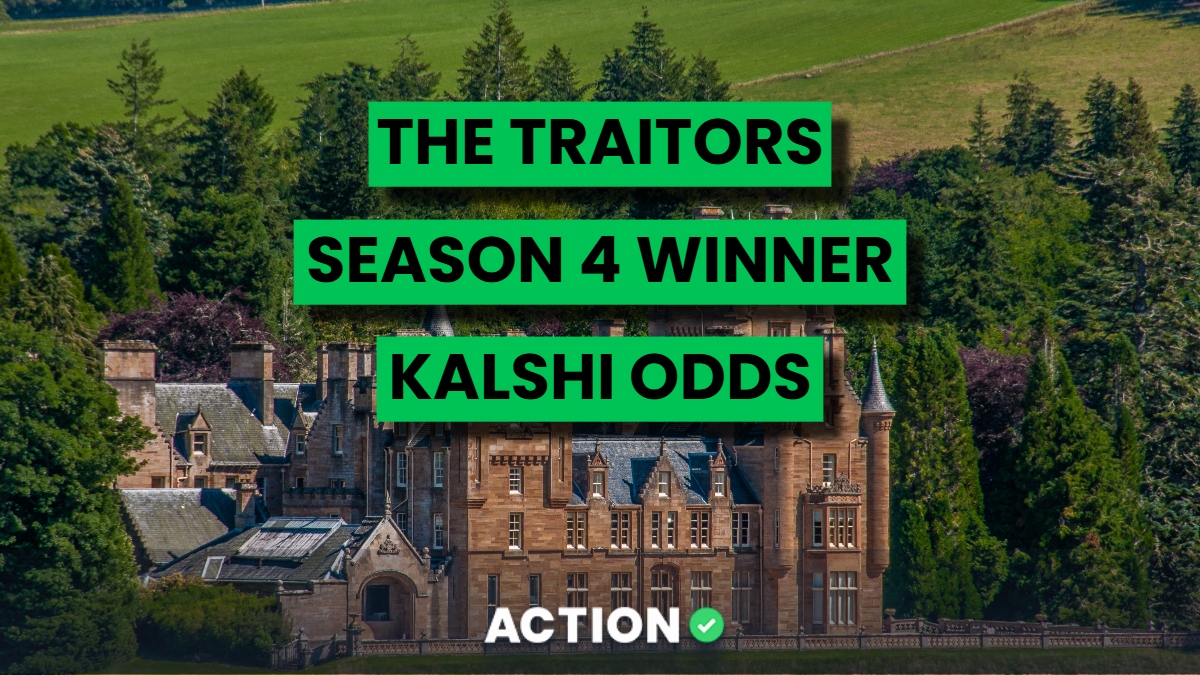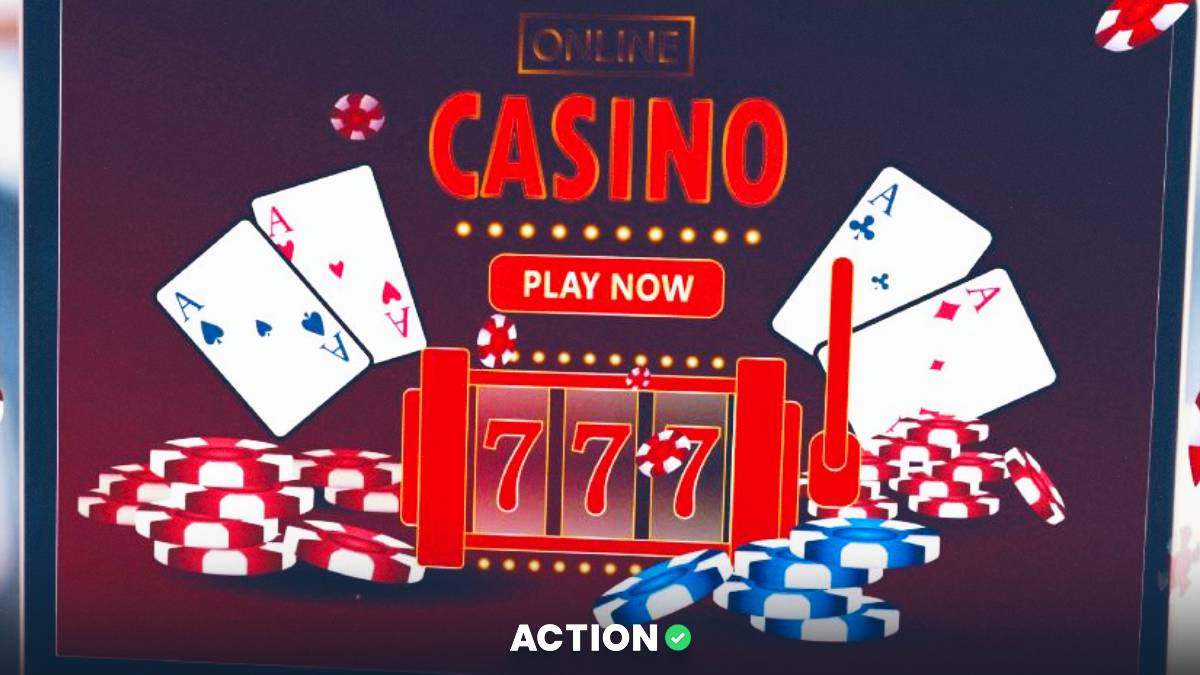Casino workers at Horseshoe Indianapolis are now two months into their strike, with over 200 table game dealers and other employees participating.
These workers are picketing to gain union recognition from Teamsters Local 135.
The strike began on October 17, after an overwhelming vote (around 90-92%) by the workers to authorize the action. They want Caesars Entertainment, the casino's owner, to recognize their union and negotiate a fair contract.
The Horseshoe Indianapolis Casino is actually in Shelbyville. It employs about 1,400 people and was the second-highest earning casino in Indiana last year, making $336 million. It was also a top earner in September.
Why Are Casino Workers in Indianapolis Striking?
Initially, the workers sought recognition of their union through a National Labor Relations Board (NLRB) election.
Unfortunately, this election was postponed indefinitely due to a federal government shutdown. The NLRB, which handles union votes, had to suspend operations due to a lack of federal funds, meaning it couldn't conduct or certify votes during the shutdown.
In response, the Teamsters suggested using a neutral third-party auditor to conduct the election. However, Horseshoe management rejected this idea, leading to the strike.
The workers have shared that they are frustrated with stagnant wages and a lack of respect, and they are striving for better working conditions and a stronger voice within the company.
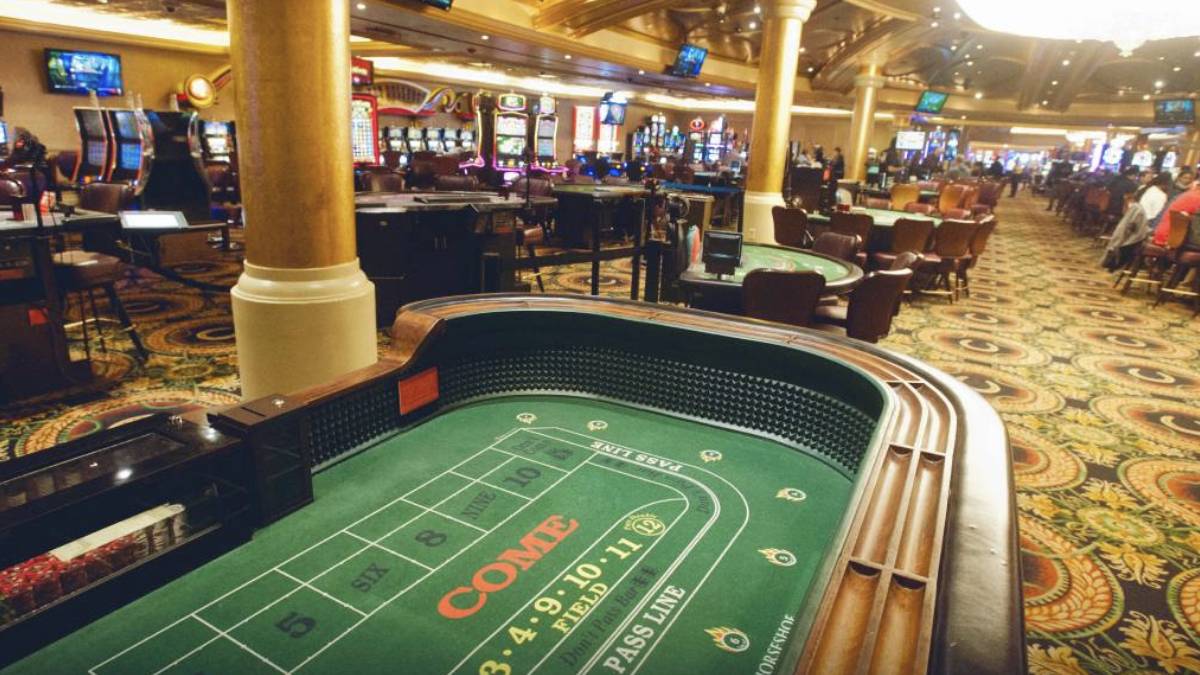
Impact of the Horseshoe Indianapolis Strike
The strike has been ongoing 24/7, with picket lines set up at all casino entrances.
Workers have also called for a customer boycott until management agrees to recognize the union. Despite the strike, Horseshoe Indianapolis remains open, with Caesars bringing in temporary dealers to fill in. However, the absence of experienced staff has impacted table games.
Reports have surfaced about management engaging in anti-union activities.
These include mandatory meetings and alleged retaliation against workers supporting the strike. Union supporters highlight that the casino earned $336 million in revenue last year, making it the second-highest-earning casino in Indiana. They argue this shows the company is capable of offering better compensation.
Support and Attention
Striking workers have spoken at the Shelbyville City Council, seeking broader community support. This strike is one of the most significant private-sector labor actions in Indiana in recent years and has caught the attention of labor advocates nationwide.
What's Next for The Indianapolis Casino Strike?
Currently, the strike shows no signs of resolution.
Workers remain on the picket lines, unwavering in their demands for union recognition. This ongoing labor action sheds light on bigger issues related to unionization rights, worker protections, and how management responds in the casino industry. It also coincides with workers attempting to organize at major gaming properties across the U.S.
As the situation develops, the determination of these casino workers underscores the broader movement for fair treatment and respect in the workplace.


